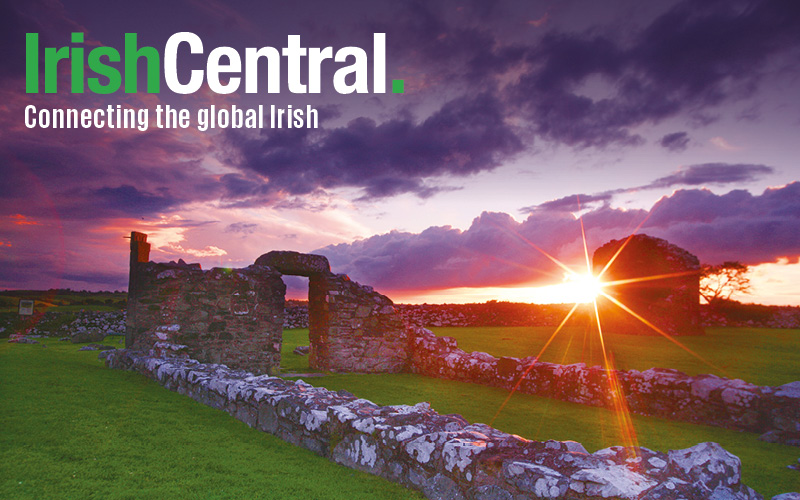Imagine finding your birth mother after many years of wondering and searching, but being unable to tell her you were her child.
This is what happened to Phyllis Whitsell. Adopted when she was a young girl, Whitsell was told that her birth mother, Bridget Ryan, had died from tuberculosis.
As the years went on, however, she couldn’t shake the feeling that her mother was still alive and out there, somewhere.
She was, it turned out, but they did not have the kind of reunion Whitsell had anticipated.
Her journey towards finding her mother and the heart-breaking turn of events that took place when she did are detailed in Whitsell’s book “Finding Tipperary Mary: The Search for my Mother.”
Whitsell, now 59 and living in Birmingham, England, was taken to an orphanage when she was eight months old by her mother, known as Tipperary Mary, who struggled with alcoholism and could no longer care for her.
When she was adopted at the age of four, Whitsell was told that her birth parents were no longer alive.
“I had always been told my parents were dead after contracting TB,” she told the Daily Mail.
“I was instructed never to mention to anyone that I was adopted. It reinforced the idea that being adopted was shameful.”
By some intuition, she never quite believed the TB story. “Throughout my childhood I was convinced, somehow, that my mother was alive,” she said. “I told myself that one day, when I was old enough, I would track her down.”
Years later, after Whitsell had married, started a family of her own and was working as a nurse, she decided the time was right to try to find her mother.
Whitsell outlined the process. “After I was counseled by a social worker – to prepare me for what I might find – I was able to get my original birth certificate.
“My next port of call was the orphanage where I had been left as a baby.
“To my utter amazement, there was a member of staff who had been there since I was admitted at the age of eight months. She was reluctant to tell me much about my mother, but it was clear that she disapproved of her.”
Thanks to her own detective work and the help of a number of social workers and probation officers, Whitsell would soon find out why.
In 1981, when she finally met her mother, who was by then 65 years old, Tipperary Mary had succumbed to her chronic alcoholism and was in poor health, mentally unstable and abusive.
Instead of revealing her identity (Whitsell felt that her mother probably could not have handled it) or running away, Whitsell made the selfless decision to simply care for her mother in her final years, as her nurse.
“My job as a nurse protected me, my uniform protected me. My training made me warm to her vulnerability and I could hide behind that role,” she explained.
“Although my heart went out to the damaged woman who turned out to be my mother, I knew I could never allow her to disrupt my own family.
“But nor could I turn my back on her. She wasn’t the fairytale figure I had imagined, but she was still my mother.
“By then I was a district nurse, so I just – unofficially – added her to my rounds.
In the years that Whitsell cared for her mother – from 1980 until her death at the age of 74 in 1990 – the subject of her adoption did come up.
“I took her clean clothes, bathed her wounds and got her to talk about the five children she had given away, including me,” she recalled.
“The day she spoke affectionately of ‘little Phyllis’ and told me my birth date accurately was the best, and the worst, day of my life.”
Whitsell still works as a nurse. But when her friend, journalist Barbara Fisher, heard her remarkable story, she convinced her to write a book.
“Tipperary Mary” will be released in the UK by Troubador on November 28.




Comments